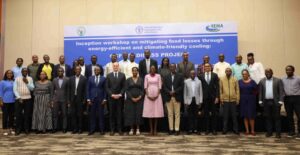At a workshop in Kigali at the end of May, the Government of Rwanda, through the Rwanda Environment Management Authority (REMA), announced funding from the Green Climate Fund (GCF) Readiness Programme which will contribute to the implementation of appliance standards, a product registration system and related aspects of the Rwanda Cooling Initiative (R-COOL), as well as operationalisation of the first Rwandan SPOKE (Specialized Outreach and Knowledge Establishment) of the Africa Centre of Excellence for Sustainable Cooling and Cold-Chain (ACES).
 ACES was established in 2020 by the Governments of Rwanda and the United Kingdom, the United Nations Environment Programme’s United for Efficiency (UNEP U4E) initiative, the Centre for Sustainable Cooling, and a range of academic institutions to advance the Rwanda’s sustainable development priorities and ambitions for enhanced collaboration on sustainable cooling throughout the continent.
ACES was established in 2020 by the Governments of Rwanda and the United Kingdom, the United Nations Environment Programme’s United for Efficiency (UNEP U4E) initiative, the Centre for Sustainable Cooling, and a range of academic institutions to advance the Rwanda’s sustainable development priorities and ambitions for enhanced collaboration on sustainable cooling throughout the continent.
The new GCF funding will support Minimum Energy Performance Standards, energy labels and an online licensing system for monitoring the importation of air conditioners and refrigerators. It will also support an ongoing initiative with local banks and appliance vendors that aims to increase the uptake of efficient cooling solutions.
Putting this into context in his introductory speech at the workshop, Brian Holuj, UNEP U4E Programme Management Officer, said, “Since the Rwanda Environment Management Authority and UNEP U4E launched the Rwanda Cooling Initiative in 2018, it has benefited tremendously from a steady commitment. With a humble beginning and modest resources, R-COOL produced an award-winning National Cooling Strategy which was adopted by the Cabinet. Among the Strategy’s recommendations are a call to focus on holistic and sustainable cold chain solutions, coupling Rwanda’s experience with centres of excellence with global best practices from the likes of the Centre for Sustainable Cooling in the UK and beyond. The National Cooling Strategy also calls for minimum energy performance standards and energy labels for appliances, a national product registration system, and much more. These very steps are being taken here and now.”
The workshop also included an announcement of funding from a Food and Agriculture Organization of the United Nations (FAO) technical cooperation programme which will also support the advancement of energy efficiency and sustainable cooling in Rwanda.
Speaking at the workshop, Juliet Kabera, Director General, REMA, said “Making cold-chain part of Rwanda’s critical infrastructure is key to reducing food loss, improving livelihoods, accelerating economic growth and meeting our Vision 2050 and international commitments under the Kigali Amendment to the Montreal Protocol and the Paris Agreement. The support from the GCF, FAO and UNEP will ensure the success of the Africa Centre of Excellence for Sustainable Cooling and Cold-Chain.”
The work supported by this funding will not only contribute to reduce post-harvest losses, it will also contribute to increase agricultural exports and nutritious food, increase skilled labour and student exchange programs, create jobs, improve livelihoods and reduce greenhouse gas emissions among many more.
For further information, contact Alice Moreau, UNEP U4E, alice.moreau@un.org.


Leave a Reply